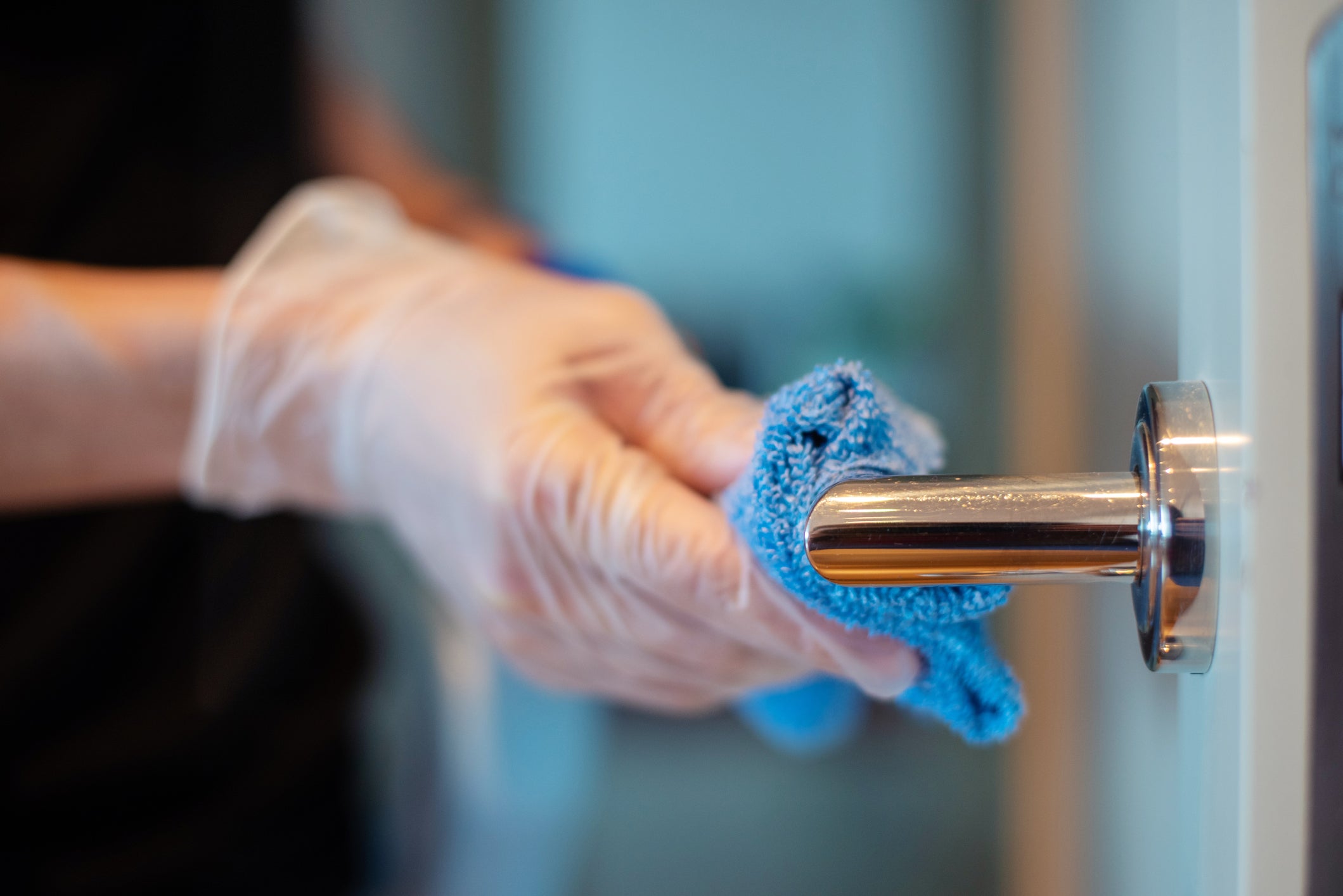Light housework may improve your memory, study suggests
Combination of washing up, making the bed, and tidying said to be good for keeping the mind sharp

Regularly doing light housework could be key to keeping one’s memory in good health, a new study has found.
According to research published in BMJ Open based on almost 500 adults in Singapore, a combination of activities such as washing up, making the bed, tidying, cooking, window cleaning and vacuuming, can offer both physical and cognitive benefits for those aged 65 and over.
Those included in the study were divided into two age categories: those who were between 21 and 64, and those between 65 and 90, with average ages of 44 and 75, respectively.
They underwent a series of tests designed to monitor their memory and physical ability, with researchers looking at things like their walking speeds and how quickly participants could move from sitting to standing.
The findings revealed that those in the older age category benefitted from light housework in terms of both their memory and their physical capabilities.
People in this category had an eight per cent higher cognitive score as a result of doing high volumes of housework, and five per cent as a result of doing low volumes, compared to those who did even less.
They also had an eight per cent faster sit-to-stand time compared to those who did higher volumes of heavy housework.
“These results collectively suggest that the higher cognitive, physical and sensorimotor functions related to heavy housework activities might plausibly be associated with lower physiological fall risk among community-dwelling older adults,” the study’s authors state.
They add: “Incorporating [physical activity] into daily lifestyle through domestic duties (ie, housework) has the potential to achieve higher [physical activity], which is positively associated with functional health, especially among older community-dwelling adults.”
Join our commenting forum
Join thought-provoking conversations, follow other Independent readers and see their replies
Comments
Bookmark popover
Removed from bookmarks